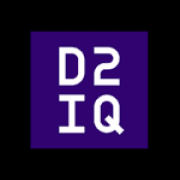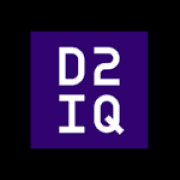Overview
What is D2iQ Mesosphere?
D2iQ (formerly Mesosphere) still supports the Mesosphere solution, which is designed for operations at a very large scale. It's powered by DC/OS, a production-proven cloud native platform that runs containers and data services on the same infrastructure. D2iQ rebranded to reflect…
